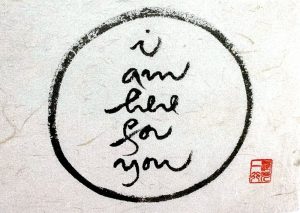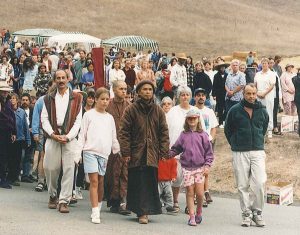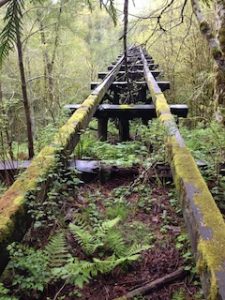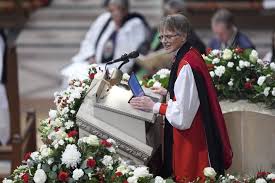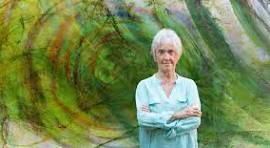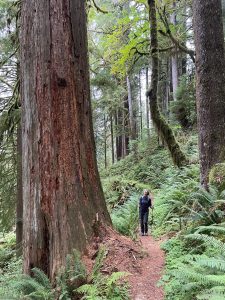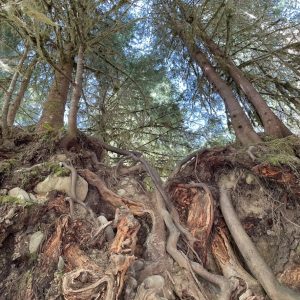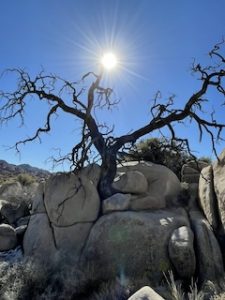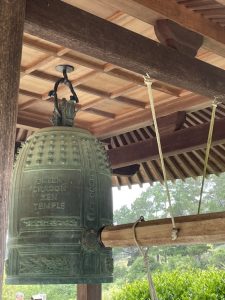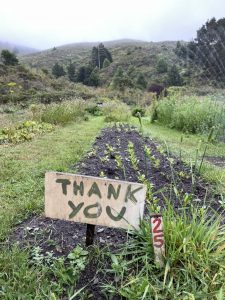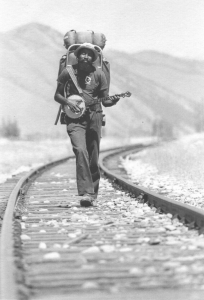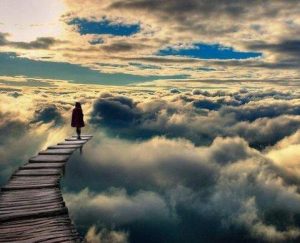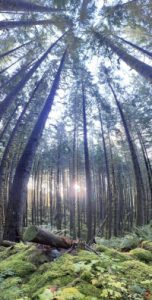 The Columbia City Yoga on-line Moving into Meditation class met this morning. Letting in even a little of the world means listening and speaking with sorrow. We come to learn that It is only kindness that makes sense. Our spiritual practice calls us to find the hidden light in all events and all people, and to offer our hearts to the healing of the world. We can begin by cultivating peace within ourselves. We can find acts of kindness from this place of inner peace.
The Columbia City Yoga on-line Moving into Meditation class met this morning. Letting in even a little of the world means listening and speaking with sorrow. We come to learn that It is only kindness that makes sense. Our spiritual practice calls us to find the hidden light in all events and all people, and to offer our hearts to the healing of the world. We can begin by cultivating peace within ourselves. We can find acts of kindness from this place of inner peace.
We heard “the story of the birthday of the world” as shared by Dr. Rachel Naomi Remen. The story was told to Rachel by her “flaming mystic” rabbi grandfather. The story is about our calling to “heal the world one heart at a time. And this task is called ‘tikkun olam,’ in Hebrew — ‘restoring the world. ‘” The story can be found in Krista Tippett’s book, Becoming Wise. You can hear Rachel share it in her 2005 On-Being interview, How We Live With Loss.
We heard part of Naomi Shihab Nye’s poem, Kindness. Naomi is an Arab-American poet, editor, songwriter and novelist. in 2019 the Poetry Foundation designated her the Young People’s Poet Laureate for the 2019–21 term. Naomi thinks of herself as a wandering poet traveling to hold poetry workshops for children and adults. You can hear her inspiring February 6, 2025 Seattle Arts and Lectures talk by going to their web-site.
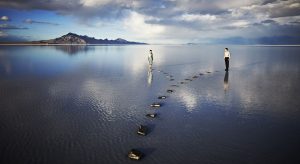 We drew inspiration from Brother Pháp Hữu’s Tricycle Magazine article, The Path to Transforming Generational Suffering. Brother Pháp Hữu was a student of meditation master Thich Nhat Hanh. He encourages students to cultivate inner peace as the basis for compassionate action.
We drew inspiration from Brother Pháp Hữu’s Tricycle Magazine article, The Path to Transforming Generational Suffering. Brother Pháp Hữu was a student of meditation master Thich Nhat Hanh. He encourages students to cultivate inner peace as the basis for compassionate action.
We ended with poet David Budbill’s poem, What Issa Heard.

